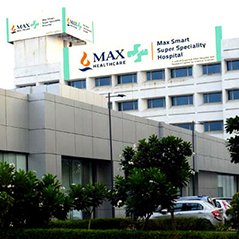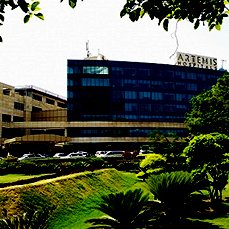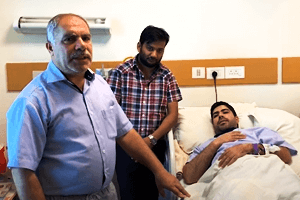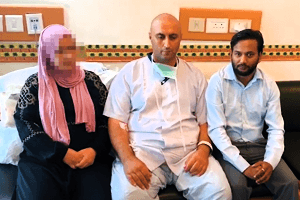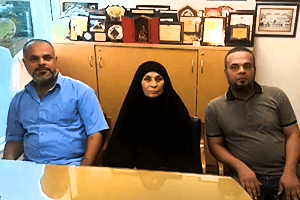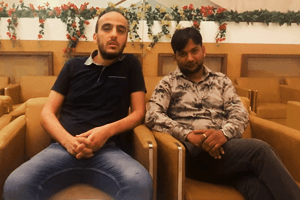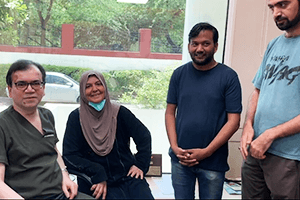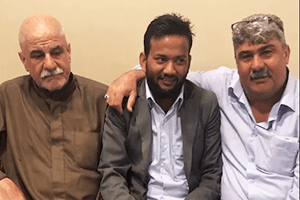Deep brain stimulation (or DBS) is a way to inactivate parts of the brain that cause the symptoms of Parkinson’s disease and its associated symptoms, without destroying the brain. The procedure involves implanting electrodes within certain areas of your brain. These electrodes produce electrical impulses that regulate abnormal impulses. The electrodes help with the thalamus (to treat essential tremor) or in the globus pallidus and subthalamic nucleus (for Parkinson’s disease).
Patients have stimulators placed on both sides of the brain. These stimulators detect the areas that are inactive, and then the electrodes are planted. The electrodes are then connected by wires to a type of pacemaker device placed under the skin of the chest below the collarbone.
For fixed-life batteries, there is a standard surgical procedure that can be planned annually. Deep Brain Stimulation in India with non-rechargeable electrodes costs around USD 17,289 – USD 23,939. The patient needs to stay in the hospital stay for 3-5 days with rest for a week outside. The success rate for Deep Brain Stimulation is more than 95%.









